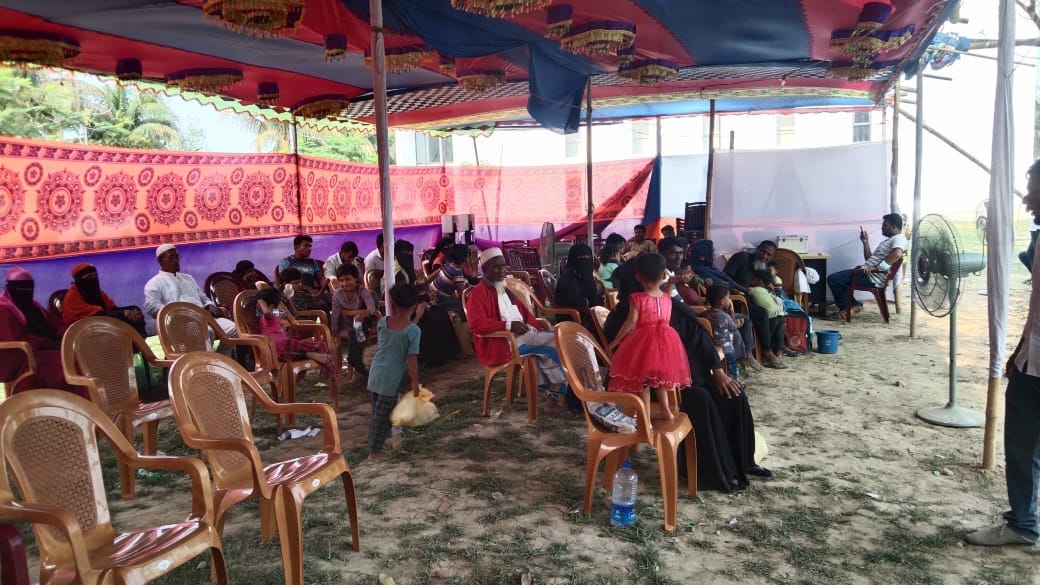Rohingya & "Pilot" Refoulement
As the pilot repatriation gets underway today in Teknaf, one matter stands out: lack of consultation and involvement of Rohingya in the process
The Rohingya find themselves constantly wrong-footed by governments and INGOs, left in the dark and scrambling to react to events after they unfold. Instead of being proactive participants in decision-making about their own futures, they are sidelined, and they struggle to keep up with the rapid pace of change. This inability to influence policy naturally leaves them feeling marginalised and frustrated, as they are forced to adapt to circumstances without having the opportunity to contribute meaningfully to their development.
Take Nay San Lwin, co-founder of Free Rohingya Coalition. He was quoted by The Irrawaddy in early February of this year, stating that the Rohingya were "bored" with news about the junta inspecting Transit Centres, discrediting the idea that repatriation was about to happen. However, two weeks later, he seemed to have changed his opinion and told Radio Free Asia “Even if the Rohingya return, it will probably be just a handful.”
A handful of people is still a handful of lives. And a handful of lives is still refoulement on the part of Bangladesh. Yesterday, in another interview with Radio Free Asia, he acknowledged the grim possibility that the returnees would likely end up stuck in the Transit Centres for years.
In the same interview, Nay San Lwin pointed the finger at China for the move on the pilot repatriation. China is not a country to prioritise consultation and dialogue, particularly in the political sphere. Ethnic and religious minorities in China have little or no access to meaningful participation in consultation and dialogue processes. Bangladesh and everyone else involved in the development of the pilot project have not worried about consulting Rohingya.
China has a vested interest in the success of the Belt and Road Initiative, and Rakhine plays a crucial role in achieving this goal. China's interests in the repatriation of Rohingya include easing international pressure on Myanmar's military government and creating some acceptance of the junta government.
To protect its interests in Myanmar, China needs Rakhine state to remain stable, as it has built infrastructure there that, they claim, should have a big impact on the region's economic growth. According to China's narrative, the Rohingya and Rakhine people can be trained by China to work in different facilities and industries, which could potentially address the issue of unemployment and poverty in the state. (This is by no means universally accepted.) Additionally, they claim, a stable Rakhine state could attract tourists and facilitate the growth of the region's tourism industry.
China's approach to resolving the Rohingya crisis may be seen as overly simplistic, as it places a heavy emphasis on economic development as the solution to political issues. This approach risks overlooking the complex political factors that have contributed to the crisis. While economic growth may help alleviate poverty, it may not be adequate in addressing the root causes of the Rohingya's displacement.
China carefully crafts a curated narrative of Myanmar's political situation, sidestepping several uncomfortable truths and awkward realities. For example, it urges the world to overlook Myanmar's generals denying genocide and evading accountability. China remains unconcerned about the ongoing fighting in every corner of the country between these generals and a civilian population that resists their rule. China dismisses the harsh truth that Rohingya are still subject to the same laws that these generals dreamt up and that restrict their lives in every possible way. Finally, China wants the world to set aside the norms and conventions that safeguard refugees and prevent refoulement.





